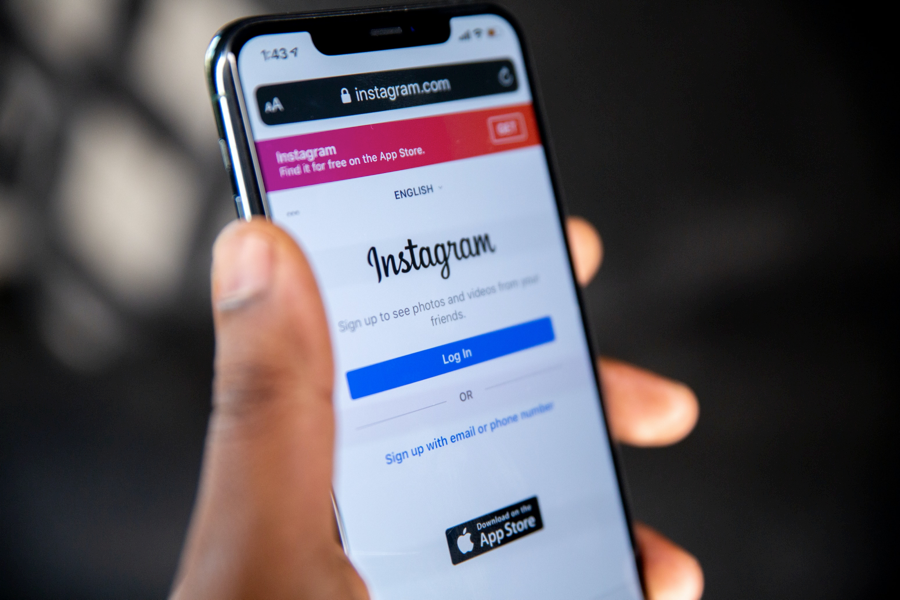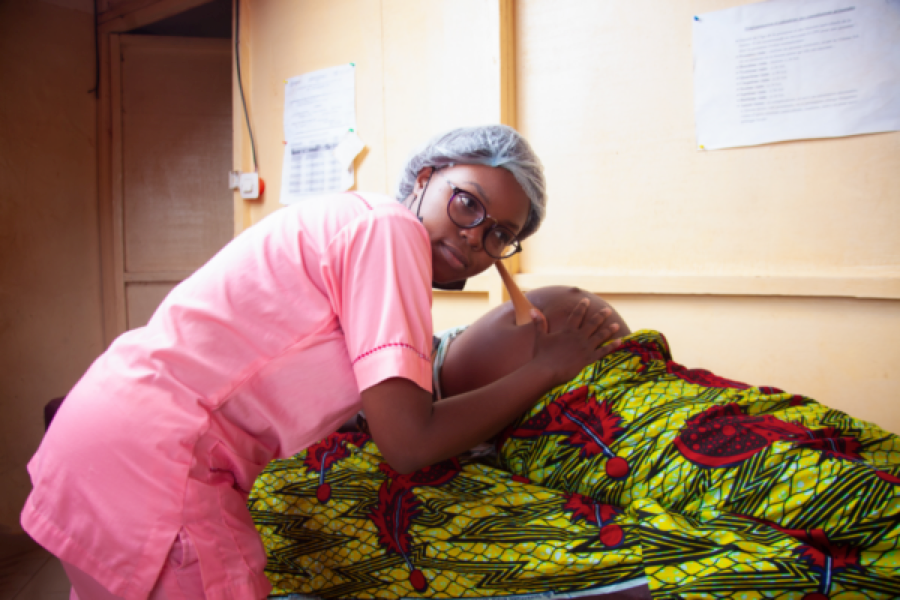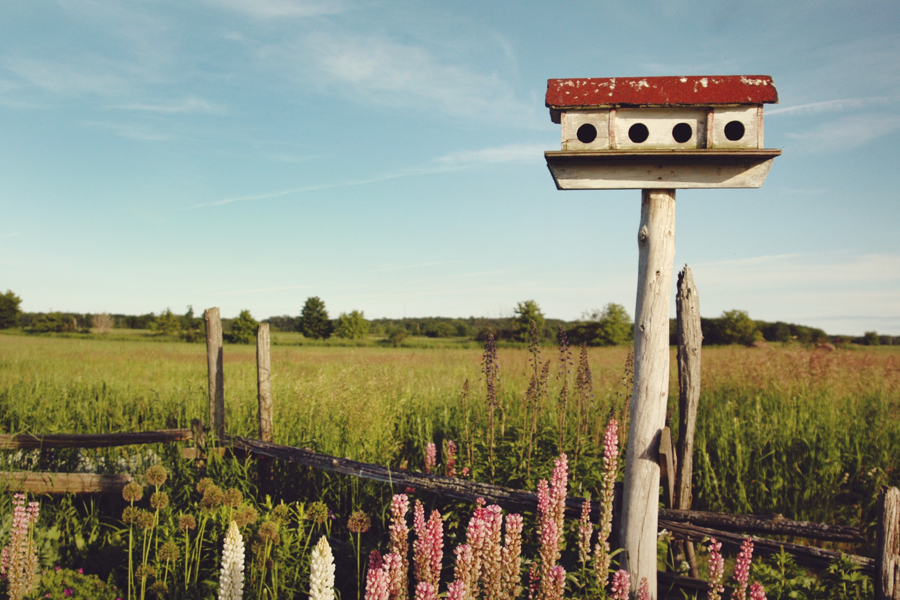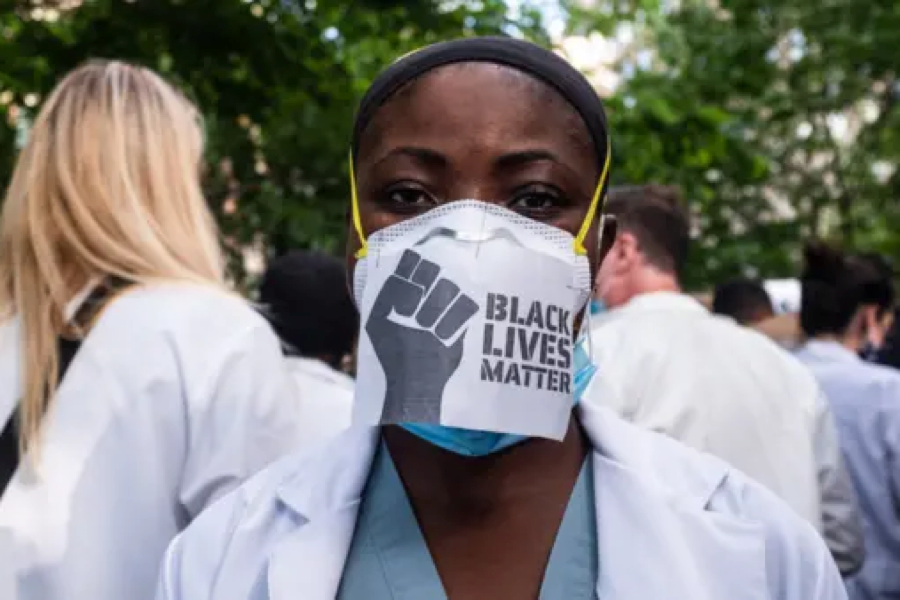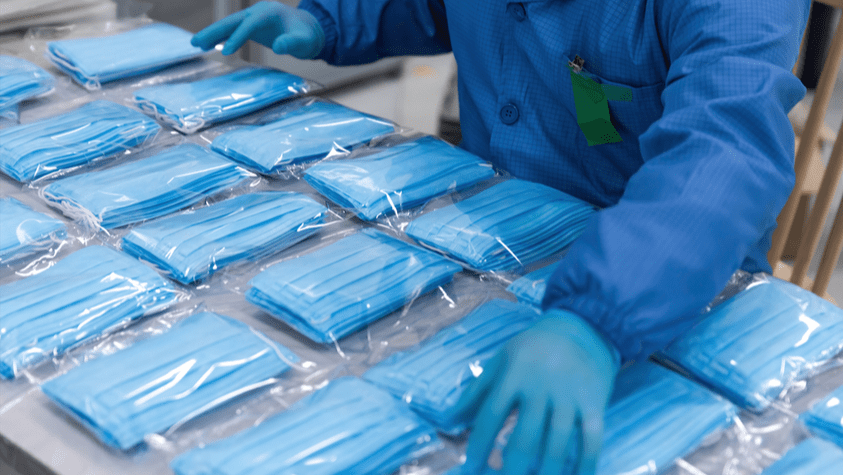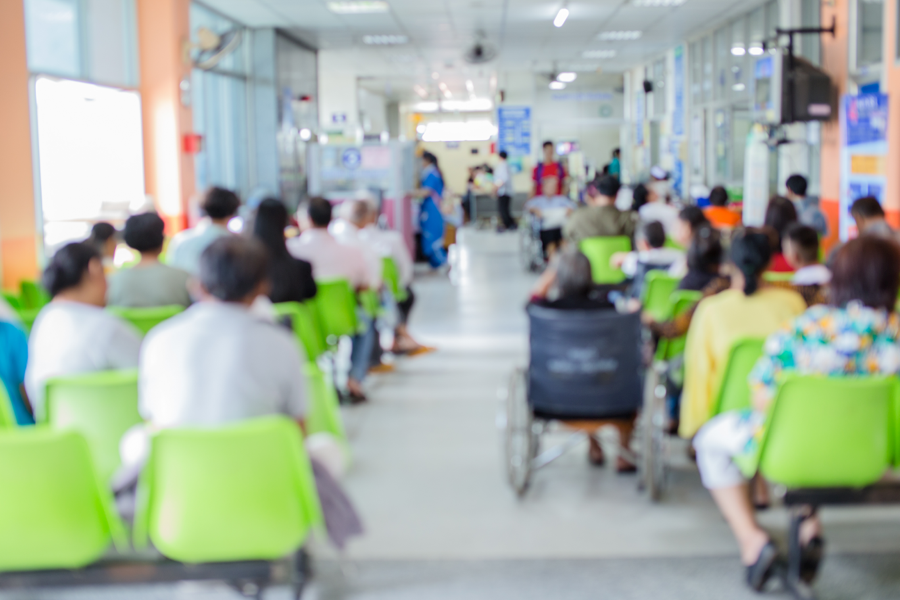
NEWS & RESEARCH
3 Things Nurses Can Do to Effectively Fight Disinformation
-
 EveryNurse Staff
EveryNurse Staff
- Last Updated: 09/21/2021

When I first start thinking about all of the disinformation about the pandemic, masks, and the COVID-19 vaccine, it is difficult for me to not “see red.” Trying to be understanding of all sides has become increasingly more difficult as the delta variant surges and hospitals are overrun.
My knee-jerk reaction is to just tell anti-maskers and anti-vaxxers that they are killing people with their disinformation and that it needs to stop. This thought is quickly followed by feelings of hopelessness that there’s really nothing I can do to convince them to change their minds. Fortunately, we have many wise people we can lean on 一from history, as well as experts from present-day 一who can help guide us as we work through the disinformation and misinformation, to effectively confront and diffuse the hostility that often accompanies it.
Prepare to Hear Anything (and Everything) and Breathe
Before engaging with anyone who is sharing disinformation, it is important to feel grounded to avoid becoming defensive and thus ineffective. Grounding can happen in a number of different ways, but my go-to right now is to just feel my feet on the ground, breathe, and consciously widen my perspective. This helps me remember that not everyone knows the same information or has had the same life experiences.
As nurses we know that hostility generally stems from fear (which is understandable in a pandemic), which then releases cortisol into our bloodstream. When cortisol levels spike, complex thinking processes can become more difficult, and people can start to not make much sense. Scientific evidence won’t mean anything to them until their feelings of fear and unrest are meaningfully acknowledged.
Planning a clear mental exit before engaging with fearful people about vaccines can be helpful as well. I remind myself that I do not have to stay in a conversation once it becomes too difficult for me to remain grounded. Sometimes I have a mental script that I can quickly utilize to help me walk away, such as “I can see that this is something that we both feel very passionately about, and I want to take some time to think carefully through your concerns so I can better address them.”
I also know that if I don’t have the opportunity to ground myself (or am already overwhelmed at the moment), I should disengage (at least temporarily), rather than operate from a place where I don’t feel grounded and could easily become upset. I know the moment I begin to get defensive, accusatory, demeaning, or start shouting statistics, I won’t be heard at all. Even worse, this type of behavior could further entrench their beliefs in dangerous misinformation (not to mention that I would also be operating from a place of fear instead of compassion and confidence grounded in medical evidence).
Tow the Line, and Know You’re Not Alone
Sometimes it can feel like we are being overrun by madness, and that the number of people who are following medical recommendations is few and far between. This is especially true if we spend the majority of our days around unvaccinated covid patients, or angry people who believe that wearing a mask infringes on their freedom.
In situations like these, it is especially important to remind ourselves that there are other groups of people standing side by side with you against disinformation such as nurses, medical professionals, the CDC, the NIH, the U.S. Surgeon General, the President of the United States, many in the world community, and many other fully vaccinated people.
One way to toe the line is to pre-write a response to a social media post that is connected to misinformation that you find in your feed. It is important to do this from a place of calm. Once it is written out, you only need to do a couple of tweaks to tailor it to the next post you see with misinformation, and then copy and paste it. This can help keep the information consistent, while not depleting you of energy.
I recently saw a widely circulated Facebook post that emphasized the importance of bodily autonomy over vaccine mandates. I drafted the following reply:
“I totally empathize with this sentiment. Bodily autonomy is a sacred right. As a registered nurse, we also value bodily autonomy alongside protecting public safety一 the two can happen safely and justly together. This is a much longer conversation than I can have here, but I compassionately encourage everyone here to speak with their trusted doctors and nurses about the pros and cons of getting a covid vaccination. I truly understand the hesitation一I hesitated myself at first, thinking the vaccine had been developed too quickly. But then I learned that the research had been ongoing for several years before this current outbreak. This information helped alleviate any concerns, but I know everyone comes at this differently with their own valid life experiences and concerns. This is a hard time for everyone, but together we can get through this. Thanks for reading.”
In truth, my original hesitation lasted about 90 seconds, but I decided to emphasize that hesitation to highlight our common ground and my willingness to understand their fears. I don’t know if my reply was effective, but it did not get deleted, or get blocked, there were no nasty comments, and the original sharer of the post “hearted” my response. Feel free to copy-paste and tweak this response if you feel this would be helpful for you to use as you navigate social media misinformation.
The U.S. Surgeon General also put out an advisory about misinformation during the COVID pandemic, as well as discussed his approach to combating misinformation in the July 15th White House Press conference:
“REPORTER (Rachel): So, how do you break through to the people who may be trusting some of these elected leaders that are pushing, maybe, some of this misinformation more than they actually trust members of your administration? SURGEON GENERAL MURTHY: Well, thanks, Rachel. You know, I think about this as I — as I think about doctoring, and as I think about my approach to patients, which is: I recognize that each patient that I was blessed to care for is an individual, you know, regardless of what their political affiliation or their past may be. They’re an individual and I — my goal was to understand what their needs and desires were, what their values were, and then to help them improve their health…”
Keep the Big Picture Intact
Even if people aren’t ready to hear the science, know that your positive attempt to help bring some clarity to the misinformation can be one small step to help change their mind down the line. Once you acknowledge this, it can be easier to move on to the next person (or better yet, take a breather and give yourself a break because this stuff can be exhausting).
It is also important to remember that historically there has been significant hesitancy around new technology and vaccines, including when the smallpox vaccine came out in the 18th century. Even Benjamin Franklin was against the smallpox vaccine when there was ample evidence showing its safety, until his own son died of smallpox. There was vaccine hesitancy in the 1700s, and it continues to this day, even with the massive access to information currently available and advancements in modern medicine. We are dealing with feelings of fear and uncertainty, manifesting as anger and hostility.
Dr. Brene Brown, a modern-day shame and vulnerability researcher, also encourages us to see the big picture behind people’s true motivations, including when they are hostile. As Brene Brown says in her book Rising Strong, no matter what people choose to do, they usually aren’t waking up at the beginning of the day and thinking “what is the worst possible thing I could do right now?” and then making that their daily mission.
People in general are literally trying to do their best, even if their best isn’t that great for the rest of us. Dr. Brown outlines how people are even trying their best when it appears to be the opposite. She also emphasizes the critical importance of setting our own clear and healthy boundaries as we also recognize the good intentions (though sometimes quite difficult to see) of the ones we disagree with.
“...There’s no convincing evidence that shame is an effective compass for moral behavior...Shame is much more likely to be the cause of the destructive behavior than the cure. Guilt and empathy are the emotions that lead us to question how our actions affect other people, and both of these are severely diminished by the presence of shame.”
“Hold people accountable for their actions in a way that acknowledges their humanity...requiring accountability while also extending your compassion is not the easiest course of action, but it is the most humane and, ultimately, the safest for the community.”
“The most compassionate people I interviewed also have the most well-defined and well-respected boundaries...they assume that other people are doing the best they can, but they also ask for what they need, and they don’t put up with a lot of crap.”
- Excerpts from Rising Strong by Dr. Brene Brown
Fighting disinformation is not something that is going to be quick and easy, but at least we have each other, and history behind us leading the way. Together we will all get through this.












